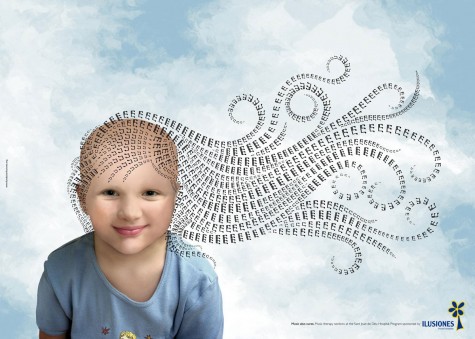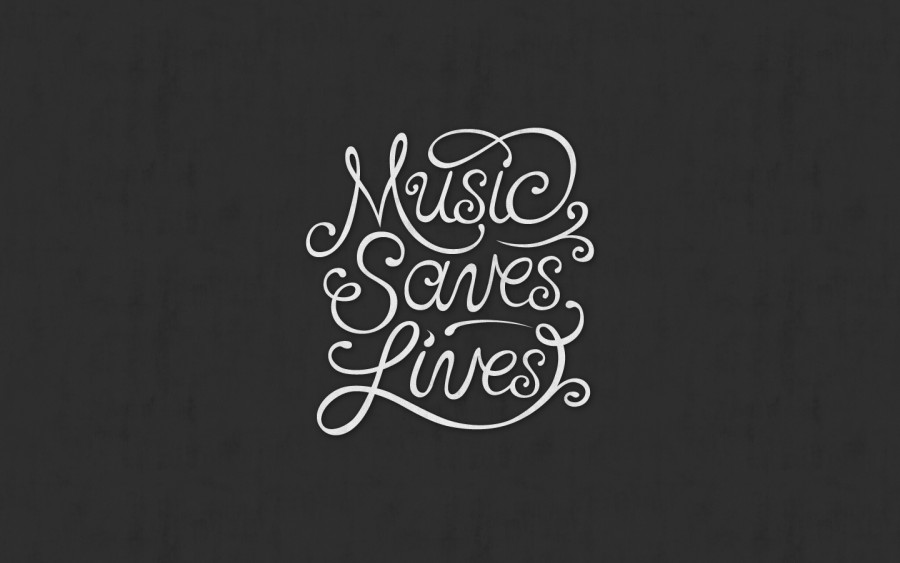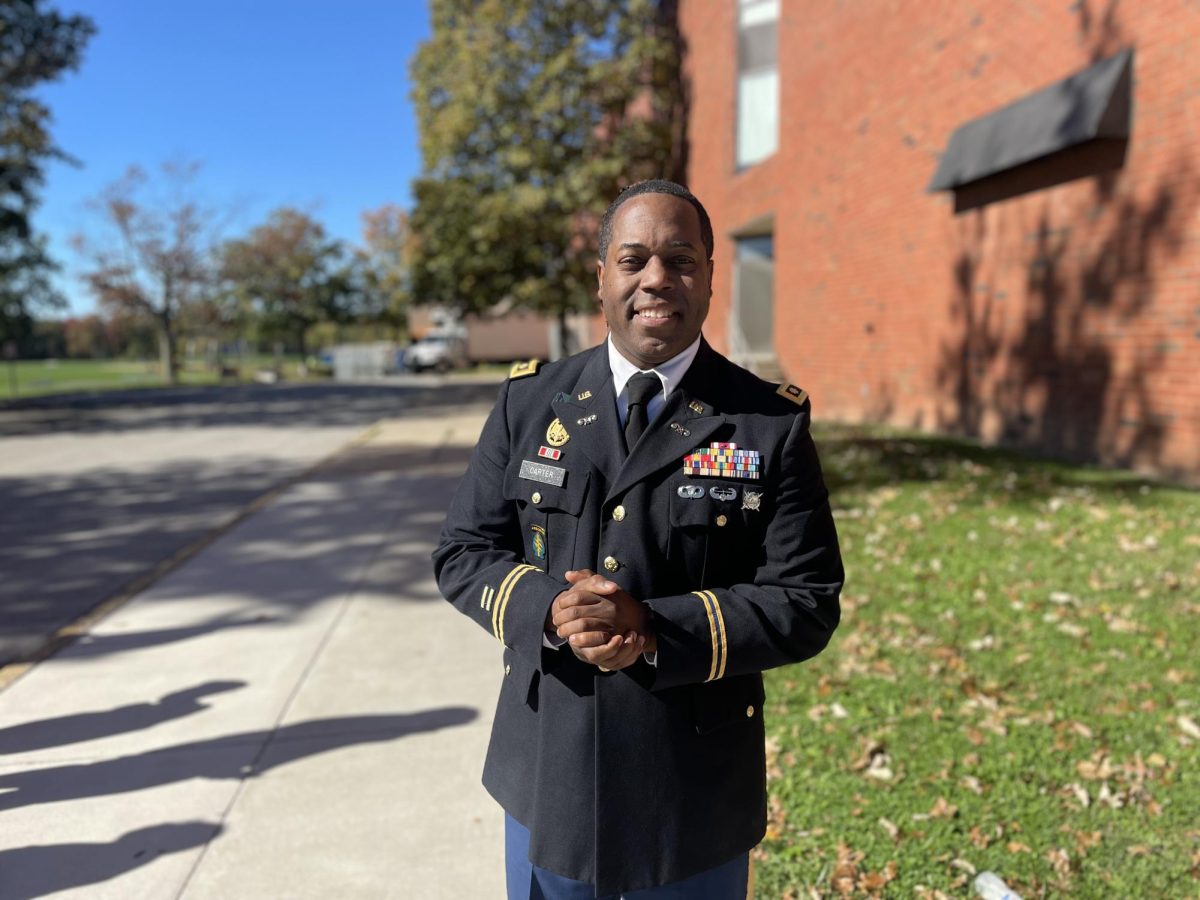Music as a Therapy
February 12, 2015
It has been said for centuries, music saves lives. Does it, really? Music inspires us to move forward, affect our mental state for better or for worse, and is said to make our physical health improve. Music uncovers emotions from past, present and future. Through music we are influenced to conquer life’s biggest obstacles. We are able to have self-esteem boosts and confidence. Music can relax our deepest anxieties and fill our hidden desires. Humans are able to express themselves through the pitches of a soft tone or the vibration through the strings of a guitar.
 Many studies show that music is used as a therapy. Music therapy is used to promote healing and quality in individuals lives. Music therapists work with a variety of physical, psychological and emotional symptoms. Many times, cancer patients are involved in certain types of music therapy. According to Cancer.org, researchers found that music therapy when used with anti-nausea drugs for patients with high doses of chemotherapy eases vomiting and nausea. It also decreases pain control, comfort and relaxation on hospice patients.
Many studies show that music is used as a therapy. Music therapy is used to promote healing and quality in individuals lives. Music therapists work with a variety of physical, psychological and emotional symptoms. Many times, cancer patients are involved in certain types of music therapy. According to Cancer.org, researchers found that music therapy when used with anti-nausea drugs for patients with high doses of chemotherapy eases vomiting and nausea. It also decreases pain control, comfort and relaxation on hospice patients.
Music is also known to help depression and anxiety. An experiment done on certain adults who are depressed were split into groups. The first group took on the treatment of music therapy, while the other was standard care. After three months, those who were treated with music therapy showed greater improvements than those who did not. Further studies have been done proving these results to be accurate. Music is able to relieve stress and anxiety and is said to reduce heart rate, breathing rate and blood pressure. Those who turn to music are known to feel inspired and create a path to happiness.
Self-esteem and music go hand in hand. They work together in many ways to improve our self-confidence and our perception to others, ourselves, and the world. Music is able to create a sense of fulfillment for the individuals listening. It can bring back certain memories and let us know we are not alone. Certain songs encourage the listeners to never give up, that everyone goes through a rough time and that in the end things will be okay. Stated on WiseGEEK, “the effects come mostly from the sense of association and the sense of perception of the feelings associated with the mood evoked by the music.” Different types of music or songs will give off a similar effect to all humans but in a way that differs from the rest.
 A majority of our lives are spent in learning. Whether it would be in school or out in the real world, we find that life is a learning experience, a journey. A huge part of growing up is going to school and furthering our education. Incorporating music into our learning helps us focus and expands our knowledge over the years. Adding in music to our everyday lives influences us to become more alert and keeps us on track to get ahead in life. Music is very well known to speak to us on a personal level. We drift to the rhythms and are touched by lyrics. Whether it’d be making your own music or listening to it, we know we are not alone. A study from Columbia University revealed that students who study arts are more cooperative with their teachers and peers, have higher levels self-confidence, and are more equipped to express themselves and their ideas.
A majority of our lives are spent in learning. Whether it would be in school or out in the real world, we find that life is a learning experience, a journey. A huge part of growing up is going to school and furthering our education. Incorporating music into our learning helps us focus and expands our knowledge over the years. Adding in music to our everyday lives influences us to become more alert and keeps us on track to get ahead in life. Music is very well known to speak to us on a personal level. We drift to the rhythms and are touched by lyrics. Whether it’d be making your own music or listening to it, we know we are not alone. A study from Columbia University revealed that students who study arts are more cooperative with their teachers and peers, have higher levels self-confidence, and are more equipped to express themselves and their ideas.
Music can be known as more than just music. The way we perceive the songs our favorite artists create, we realize who we are. Overall, listening to music makes us feel good. Music is a way to express yourself, your feelings and society. Regardless of the feeling the song may give off, we feel the true meaning behind it. In an article, Obama’s Message, he states, the powers of art and music bring us together, helping reflect upon who we are, where we come from and what lies ahead.


